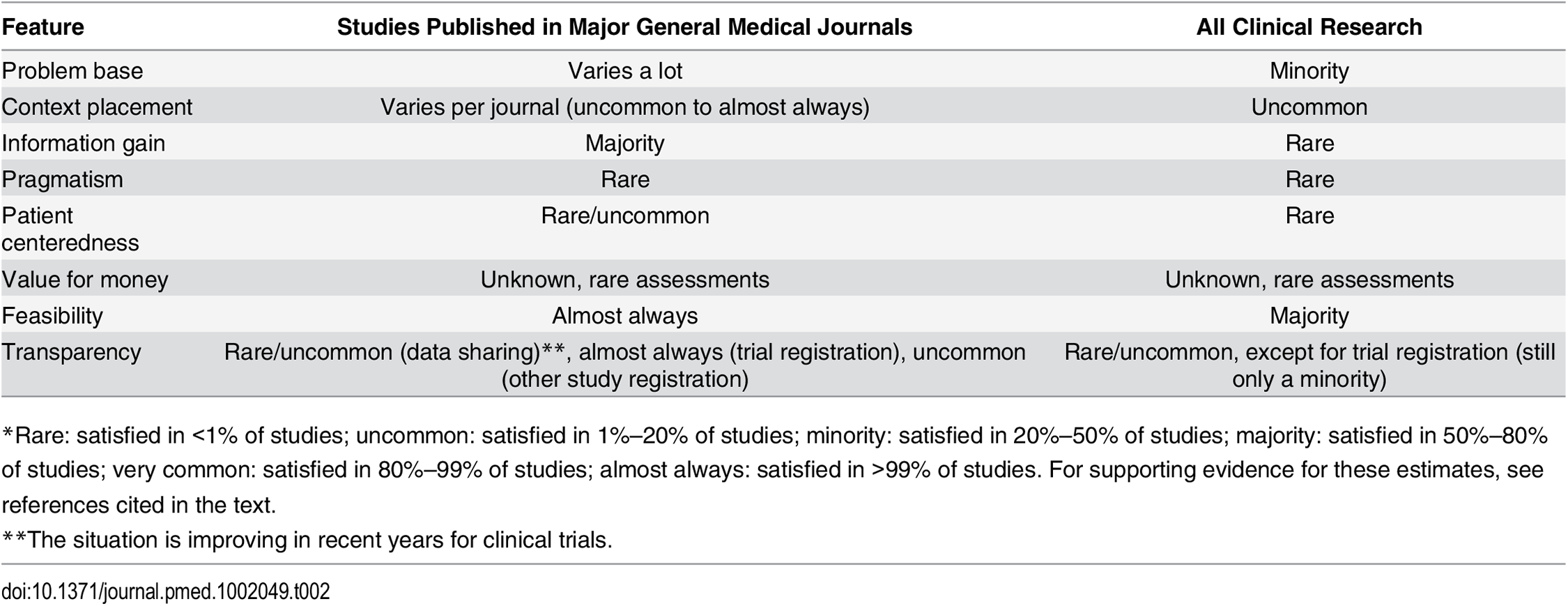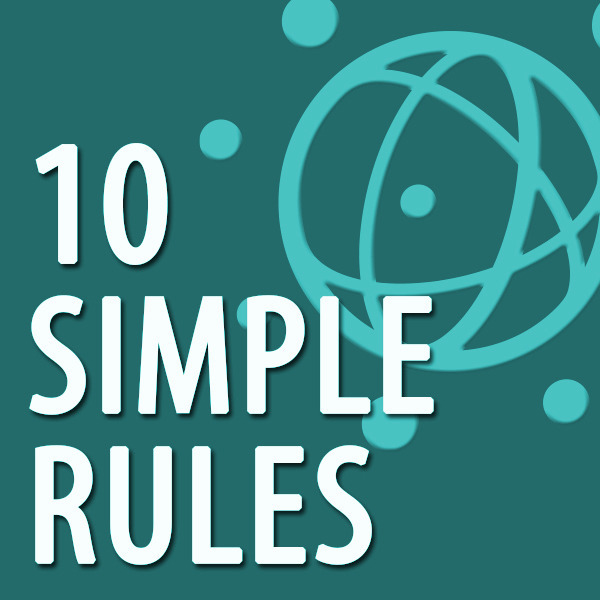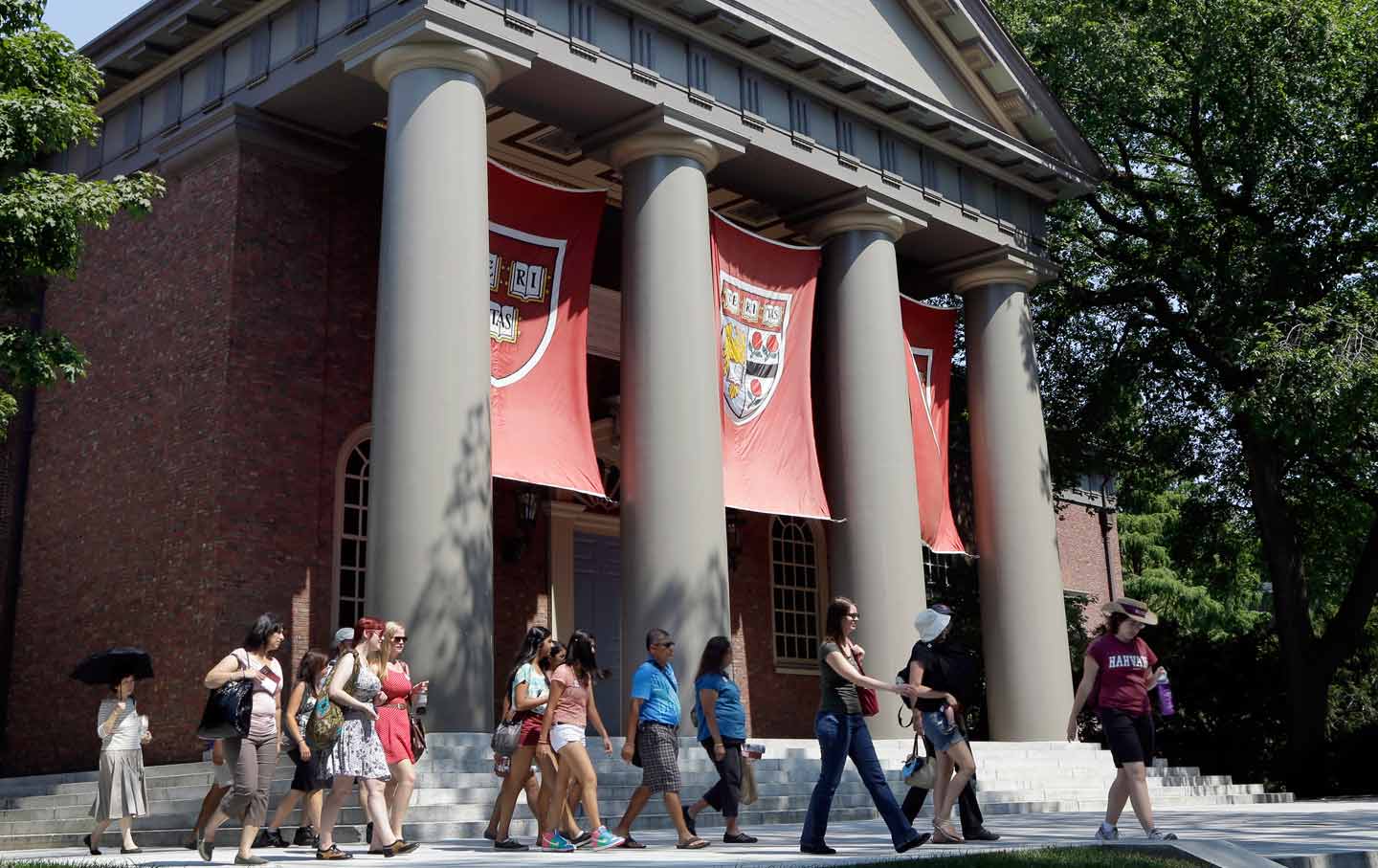Meta-Research: Why Research on Research Matters
Given that science is the key driver of human progress, improving the efficiency of scientific investigation and yielding more credible and more useful research results can translate to major benefits.
Send us a link
Given that science is the key driver of human progress, improving the efficiency of scientific investigation and yielding more credible and more useful research results can translate to major benefits.
Enthusiasm for using Twitter as a source of data in the social sciences extends to measuring the impact of research with Twitter data being a key component in the new altmetrics approach.
Openness requires trust in close peers, but not necessarily in research community or society at large.
A cross-sectional comparison of characteristics of potential predatory, legitimate open access, and legitimate subscription-based biomedical journals.

Elsevier’s Open Access journals as of 2016.
Highly productive researchers have significantly higher probability to produce top cited papers.
A basic set of rules to improve figure design and to explain some of the common pitfalls.
A PLOS selection of research articles, guidelines, and commentaries about data sharing, data practices, and data policies from different research fields.
This guide covers three major topics in open science (data, code, and publications) and offers practical advice as well as highlighting advantages of adopting more open research practices.
John Ioannidis argues that problem base, context placement, information gain, pragmatism, patient centeredness, value for money, feasibility, and transparency define useful clinical research. He suggests most clinical research is not useful and reform is overdue.

A list of 10 rules with researchers in mind: researchers having some knowledge of statistics, possibly with one or more statisticians available in their building, or possibly with a healthy do-it-yourself attitude and a handful of statistical packages on their laptops.

A Study of Gender Differences in Contributorship.
Have you heard the latest wisecrack about Harvard? People are calling it a hedge fund with a university attached.

The transparency of the peer-review process is an indicator of peer-review quality.
The design of clinical studies whose results are published in high-impact medical journals is not associated with the likelihood or amount of ensuing news coverage.
This paper highlights key guidelines to help authors increase their data’s reuse potential and compliance with journal data policies.
Replication studies are rare and only a few had their data included in a subsequent systematic review or meta-analysis.
Study examining whether NIH funded articles that were archived in PMC after the release of the 2008 NIH Public Access Policy show greater scholarly impact than comparable articles not archived in PMC.
Biology top journals share original data at the highest rate, and physics top journals share at the lowest rate.
An analysis of the education of researchers that constitute the main Brazilian research groups, using data on about 6,000 researchers.
Research policies that better incentivise data sharing are needed to improve the quality of research results and foster scientific progress.
As interest in and use of article-level metrics grows, it is critical to ensure secure and reliable data that is trustworthy and can be used by all.
Laureates produce fewer papers but with higher average citations, more sole-authored papers both before and after winning the Prize, and have a lower number of coauthors across their entire careers than the matched group.
Facebook likes only predict citations in the psychological area but not in the non-psychological area of business or in the field of life sciences.
In the quest for the research money it is more important how researchers build their collaboration network than what publications they produce and whether they are cited.
PLOS has identified a set of established repositories, which are recognized and trusted within their respective communities.
Efforts to reduce and prevent misconduct might be most effective if focused on promoting research integrity policies, improving mentoring and training, and encouraging transparent communication amongst researchers.